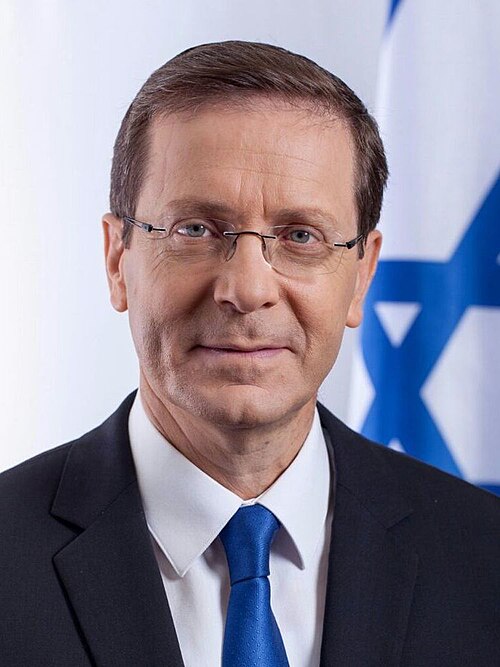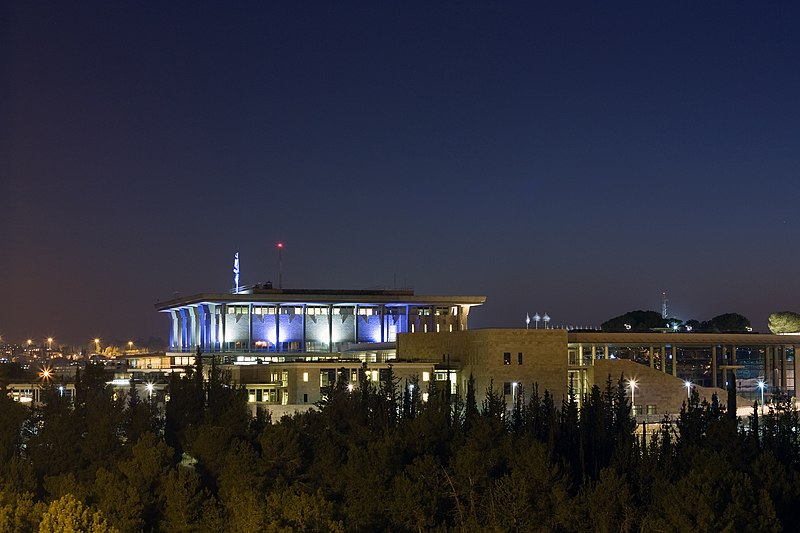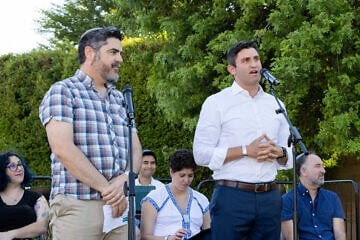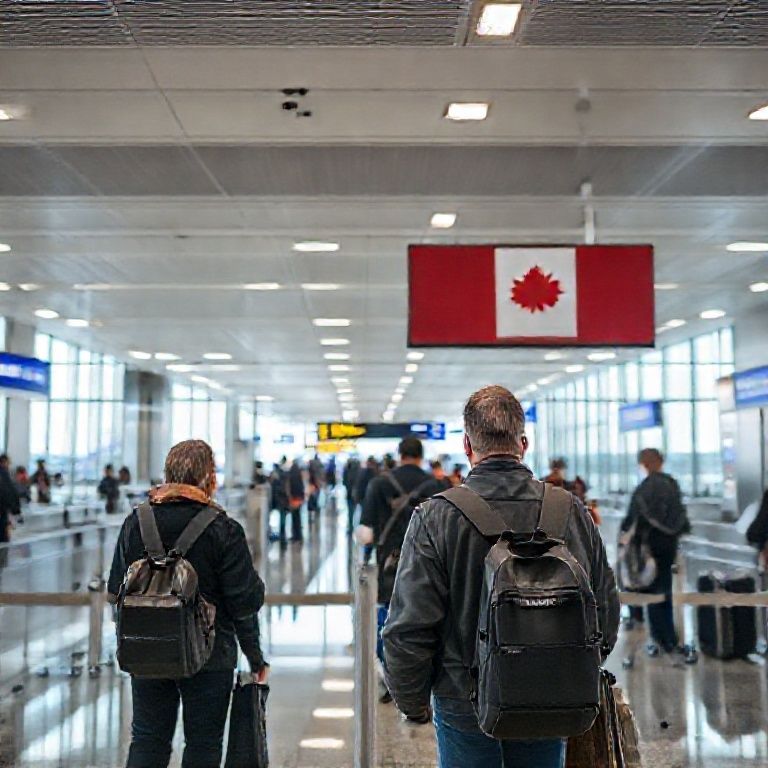President Isaac Herzog today (Sunday, December 21, 2025) delivered remarks at a ceremony to mark one week since the deadly terror attack in Sydney, Australia. The ceremony, which was held at the National Institutions Building in Jerusalem, was also attended by the Chairman of the World Zionist Organization, Mr. Yaakov Hagoel, officials of the Australian Embassy in Israel, and members of the bereaved families.
Remarks by President Herzog: (Communicated by the President’s Spokesperson)
“Beloved sisters and brothers in Australia, shalom to all of you from Jerusalem, our eternal capital.
We know that each year, the Australian Jewish community is among the first in the world to welcome Chanukah. It is among the first to light candles and celebrate the miracles of the Jewish people.
Tragically this year, instead of lighting the first candle, our sisters and brothers ran for cover. Instead of singing ‘Maoz Tzur,’ our families searched for shelter. Instead of ‘Shehecheyanu,’ there was Kaddish.
Tonight, on the 8th and final candle of Chanukah, I want to say to the Jews of Australia: the people of Israel are with you. Despite thousands of miles between us, we feel your pain, we see your courage under fire, we share your sense of abandonment, shock, and horror.
Here in Jerusalem, we heard your hearts break, and felt our own hearts steeped with grief. We send our sincerest condolences to all those grieving their loved ones, and our warmest wishes for the speedy recovery of all those wounded.
Friends, I have witnessed the resilience and depth of Australian Jewry. I hope to be able to visit you all soon in Australia and bring you a message of love from the State of Israel, to hug you and console you on behalf of the nation and people of Israel. I know I will encounter great strength, warmth, and love of Israel from all of you.
The rise in Jew-hatred across the world is a global emergency. The battle against antisemitism must be everyone’s battle against antisemitism. This is an urgent call to action to prevent the next catastrophe. We will not stand for this.
In each nation, combatting antisemitism requires very strong and tough measures, and strong leadership. It requires ordinary people rejecting lies and bias, embracing diversity, humanity, and truth.
The Australian heroes who intervened and came to the rescue at Bondi, who came to pay their respects, will forever be remembered for their kindness.
We will not allow the hatred to break us. We will not allow terror to diminish our light, our unity, our peoplehood, our mutual responsibility, our eternity.
Together we will defeat this darkness. By lighting, now, 15 memorial candles to memorialize those we lost. By lighting one more Chanukah candle, tonight, all over the world. By calling out, loud and clear: long live the Jewish people eternally, Am Yisrael Chai.”
Image: Elad Brami













